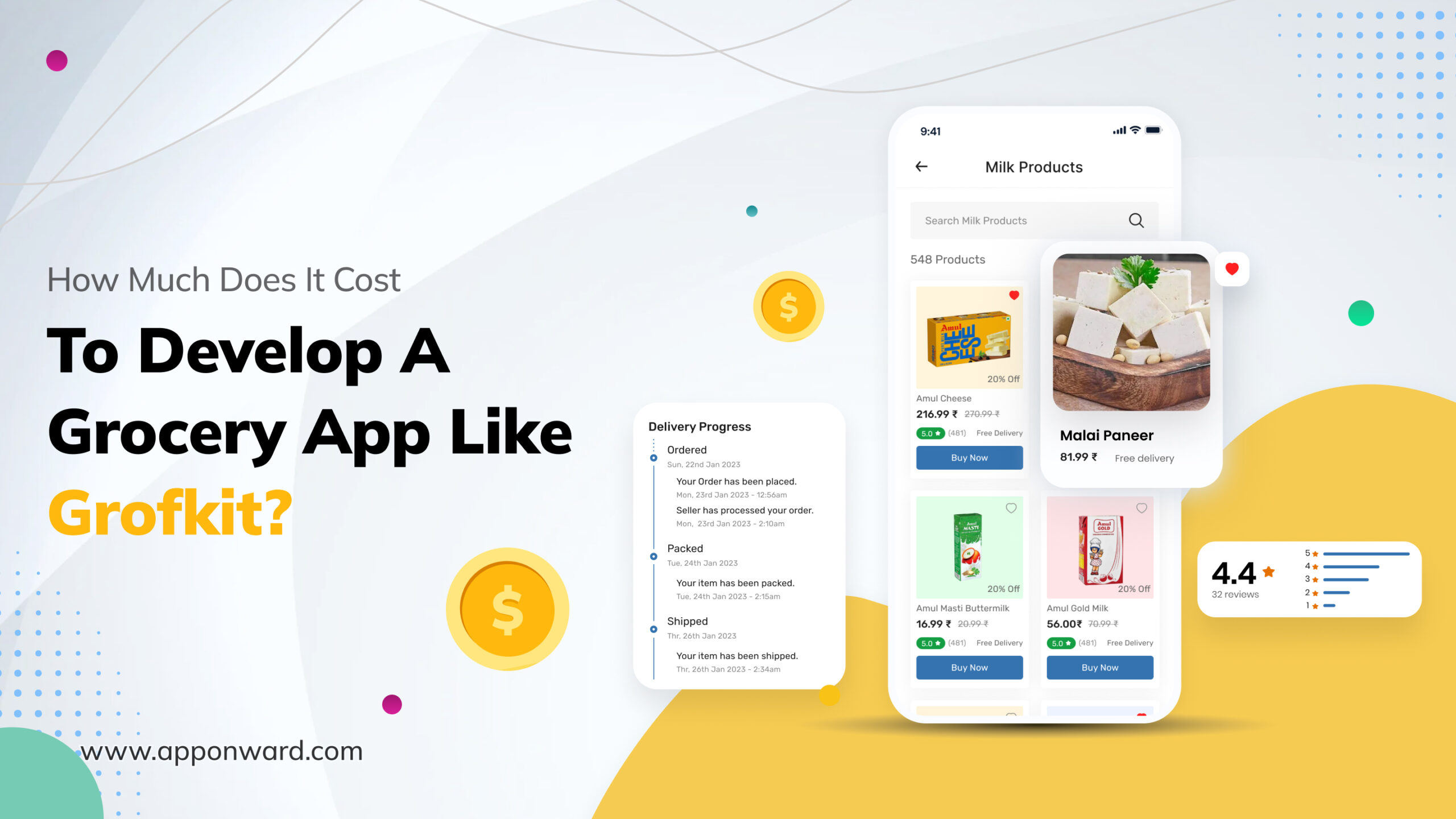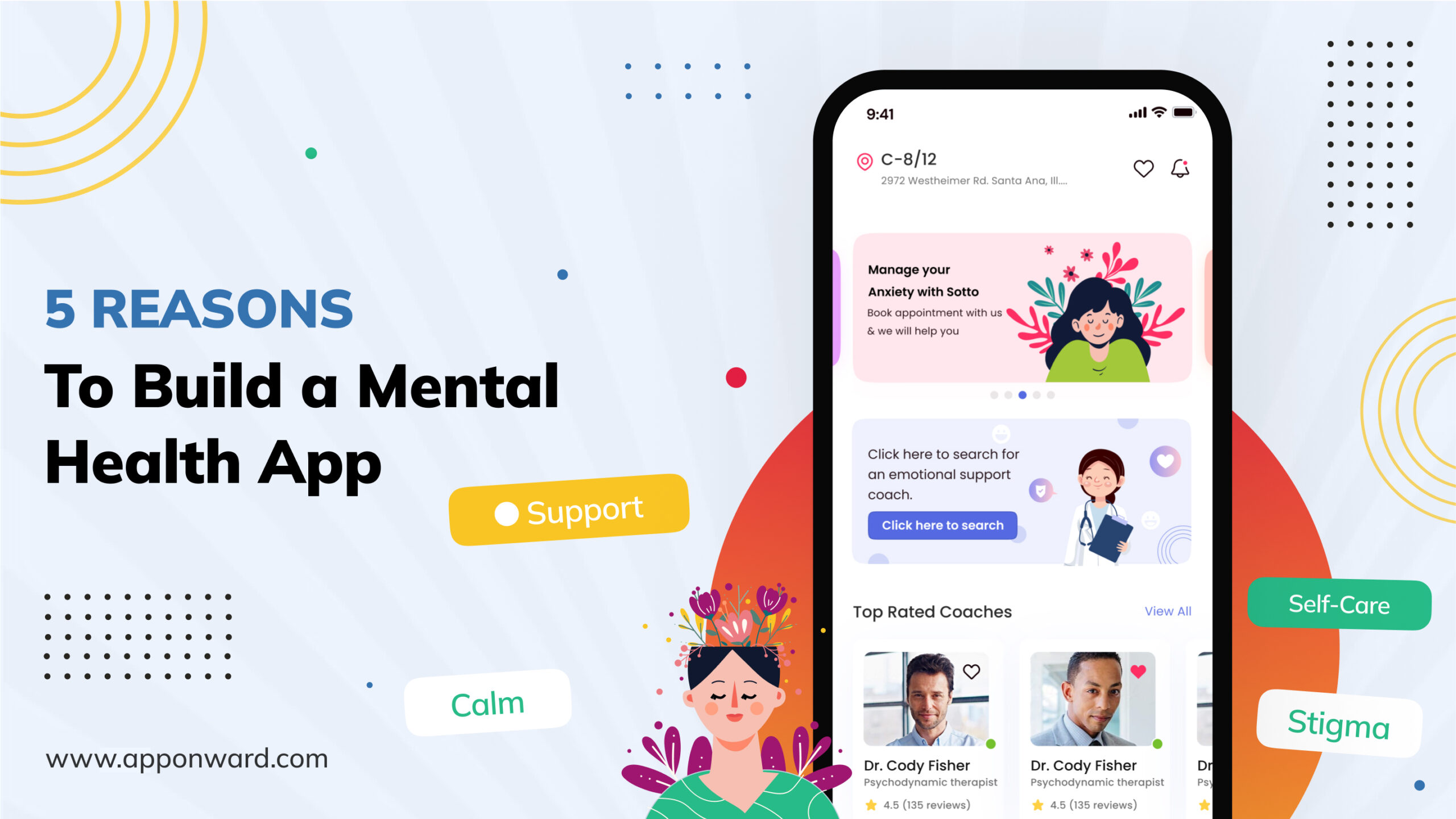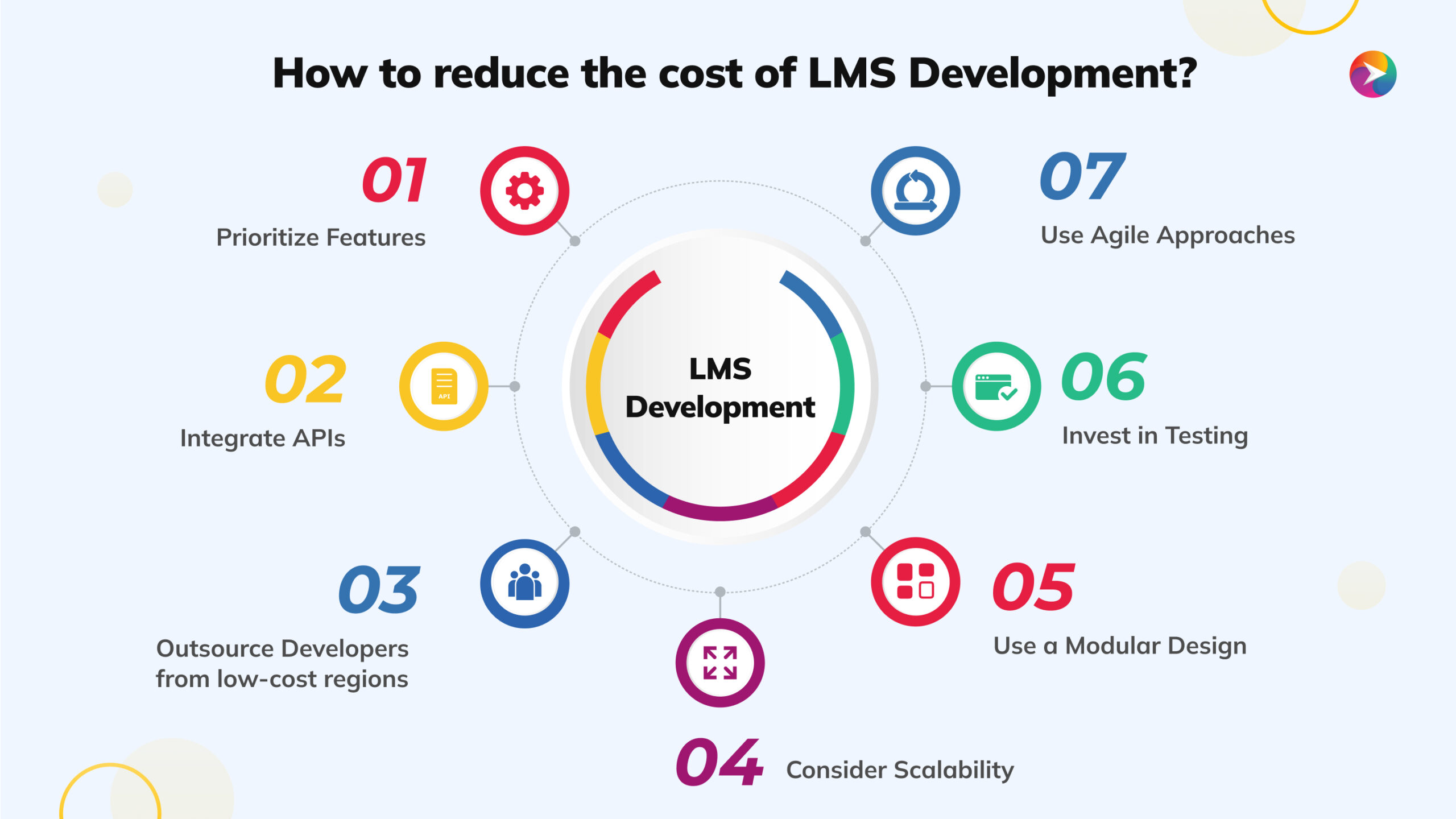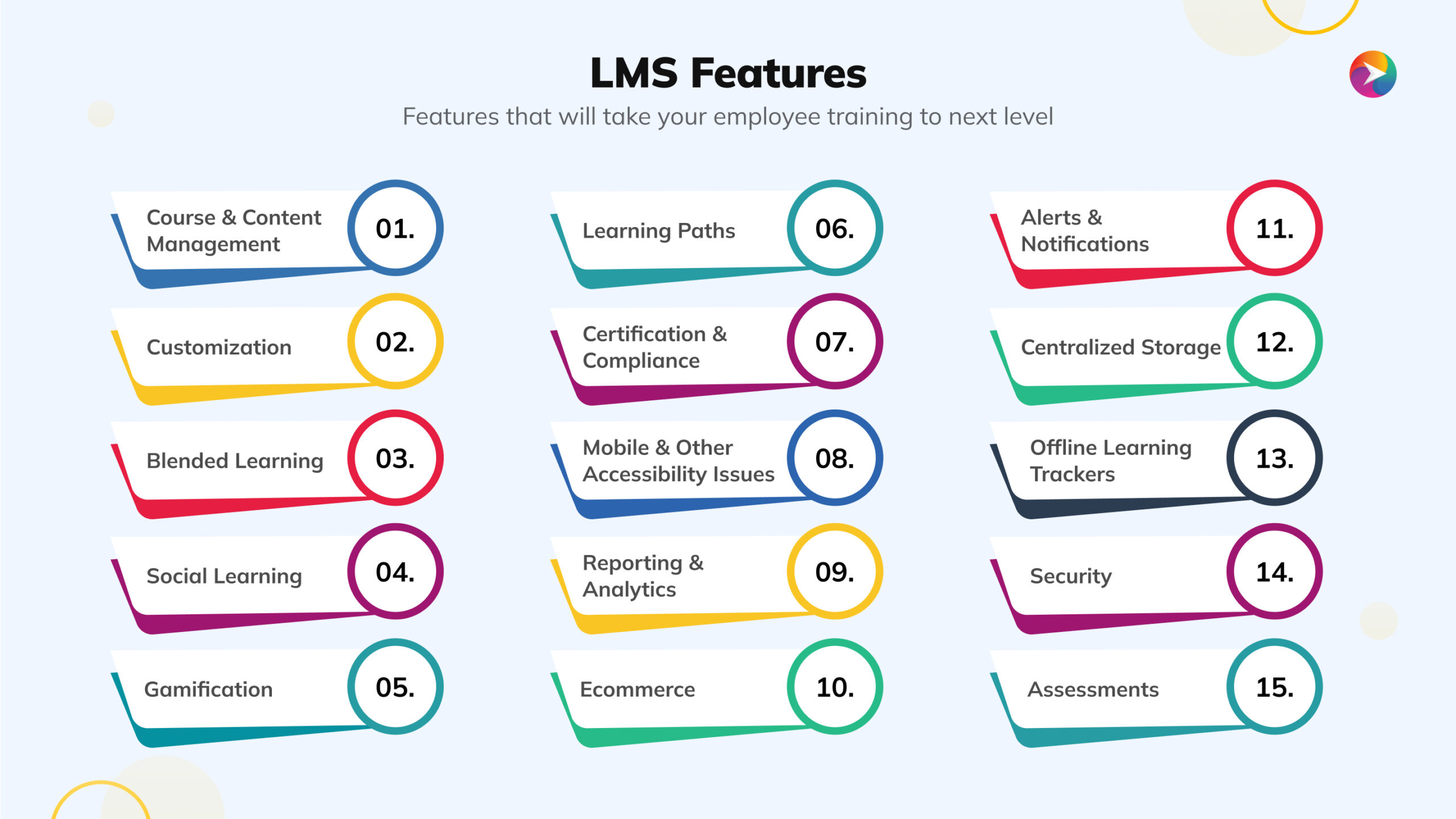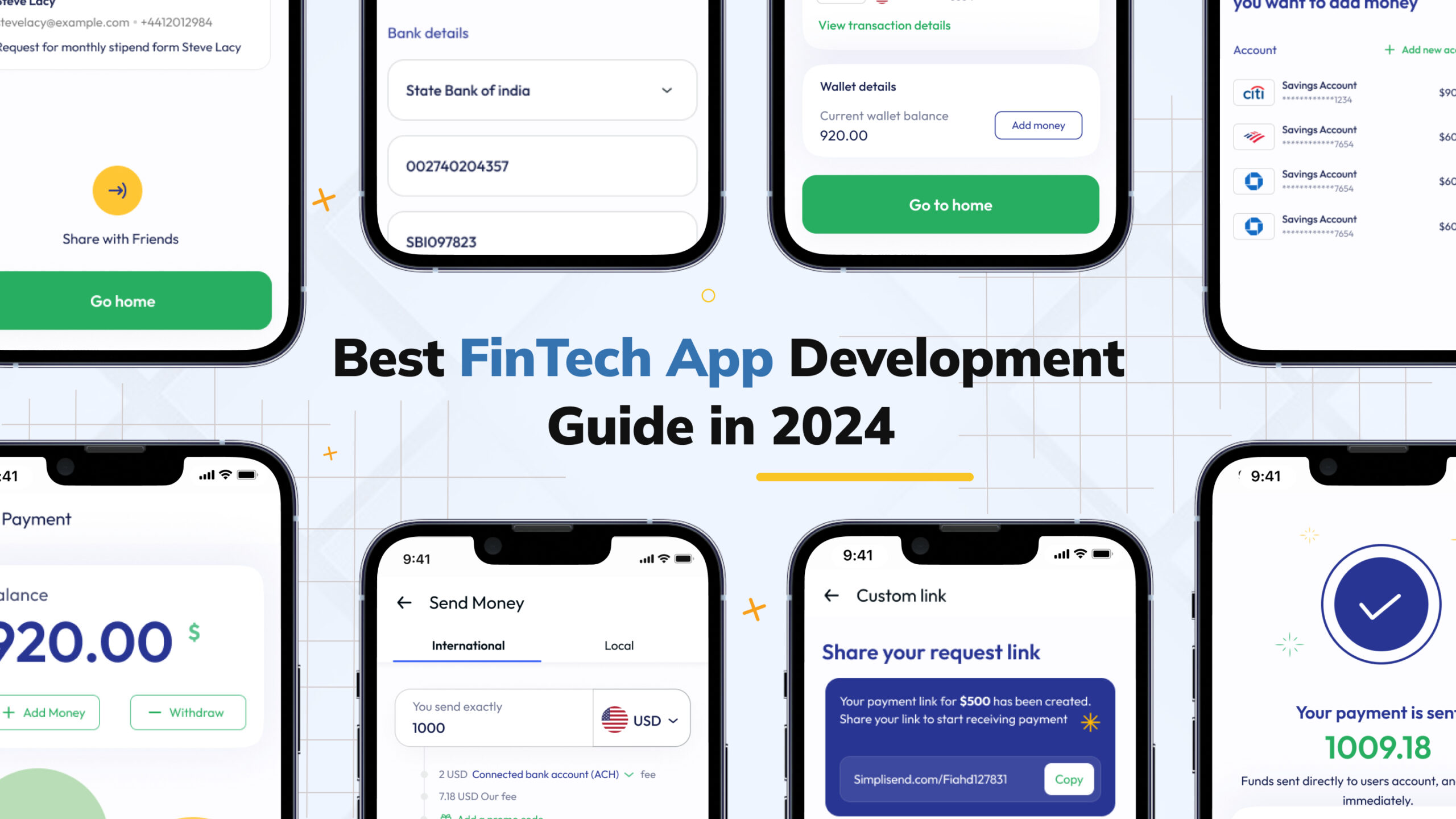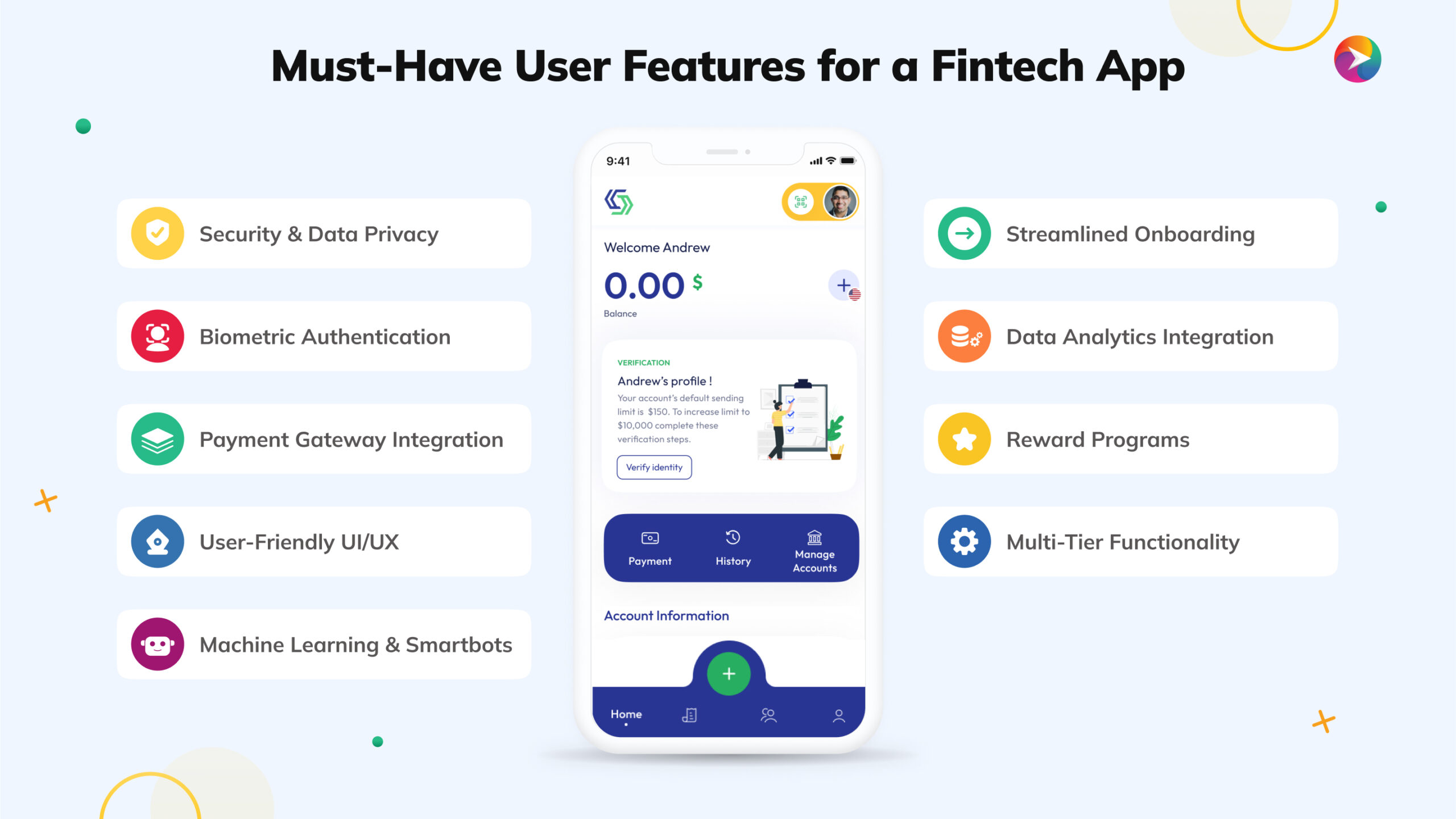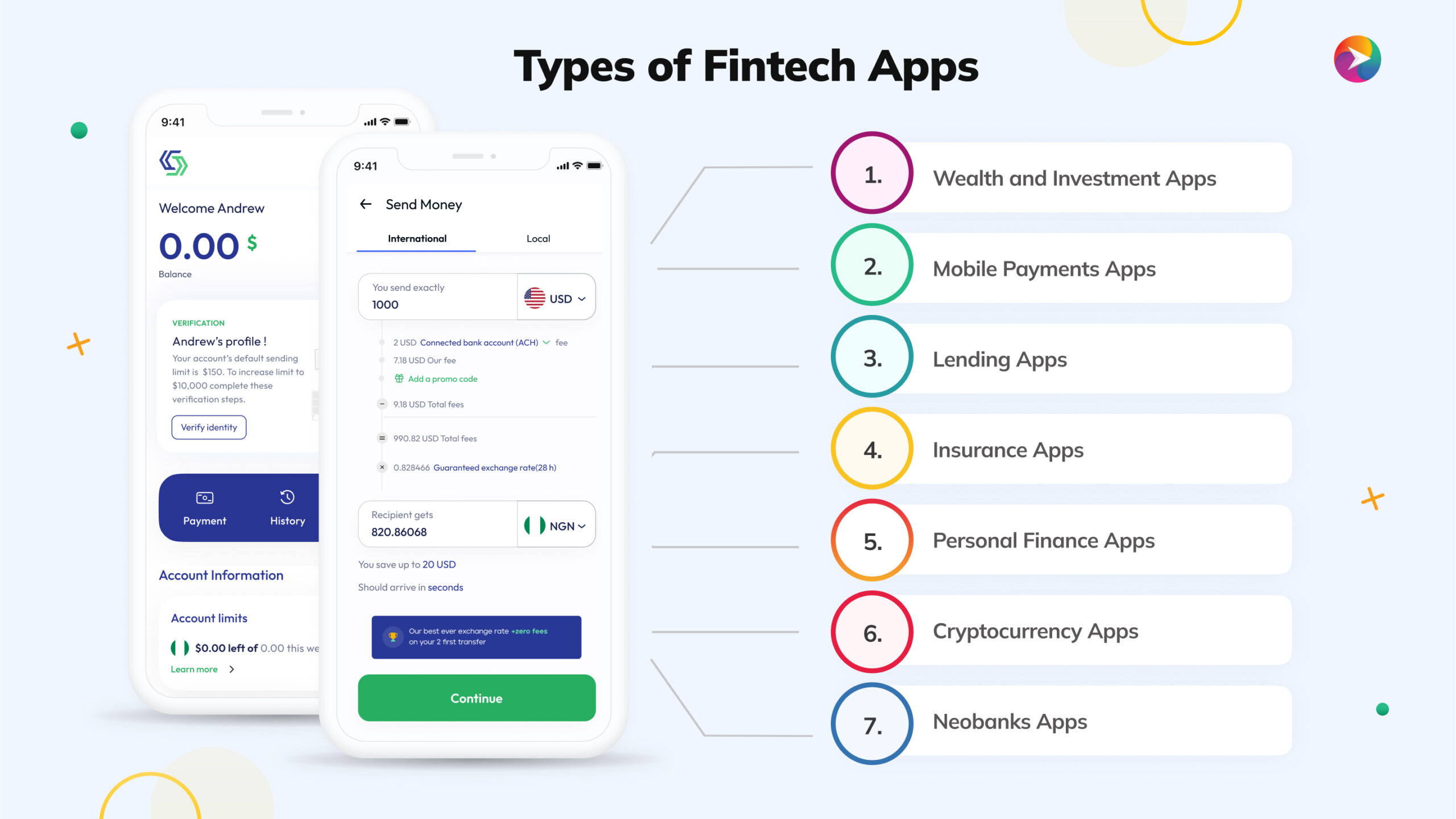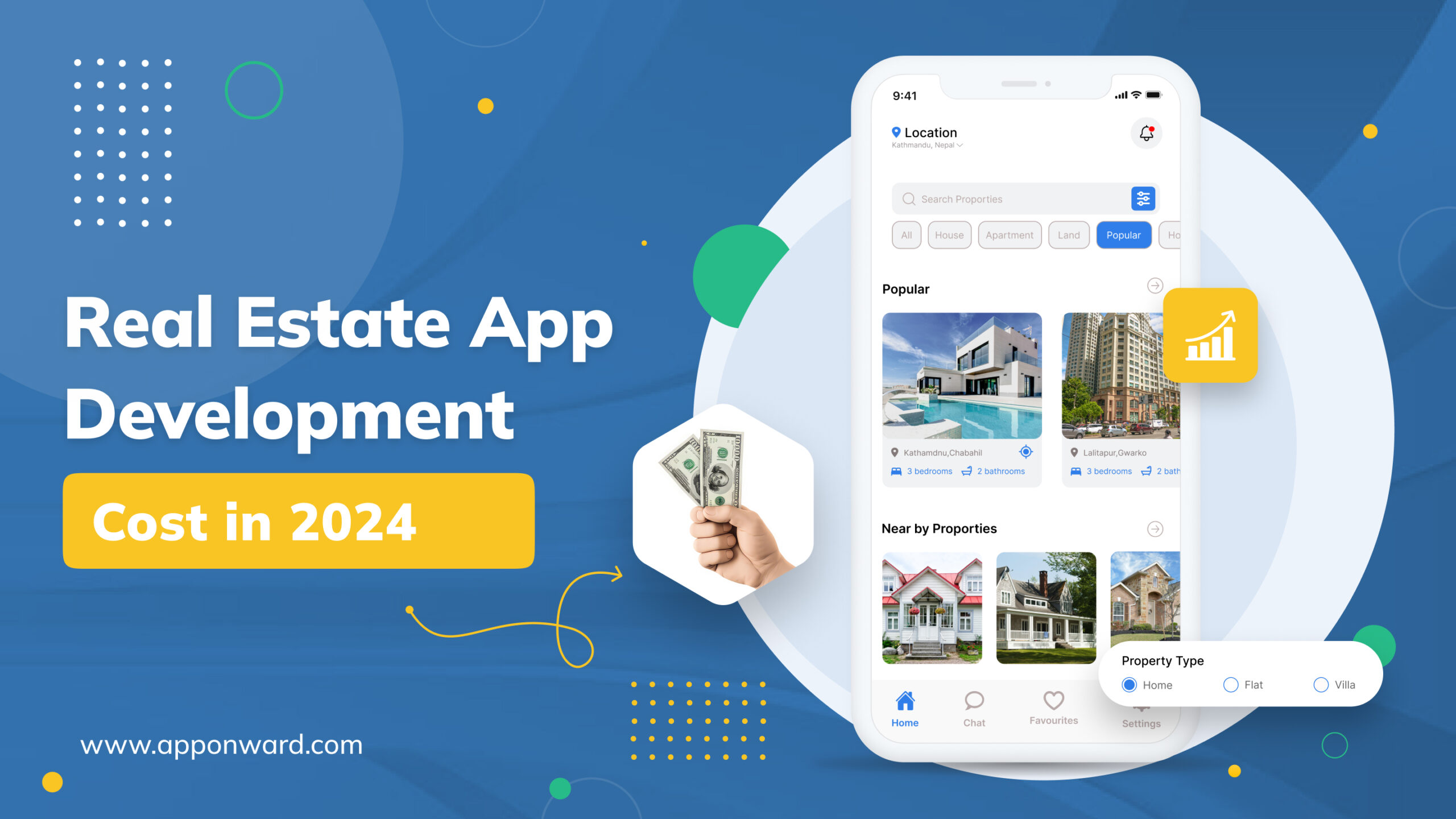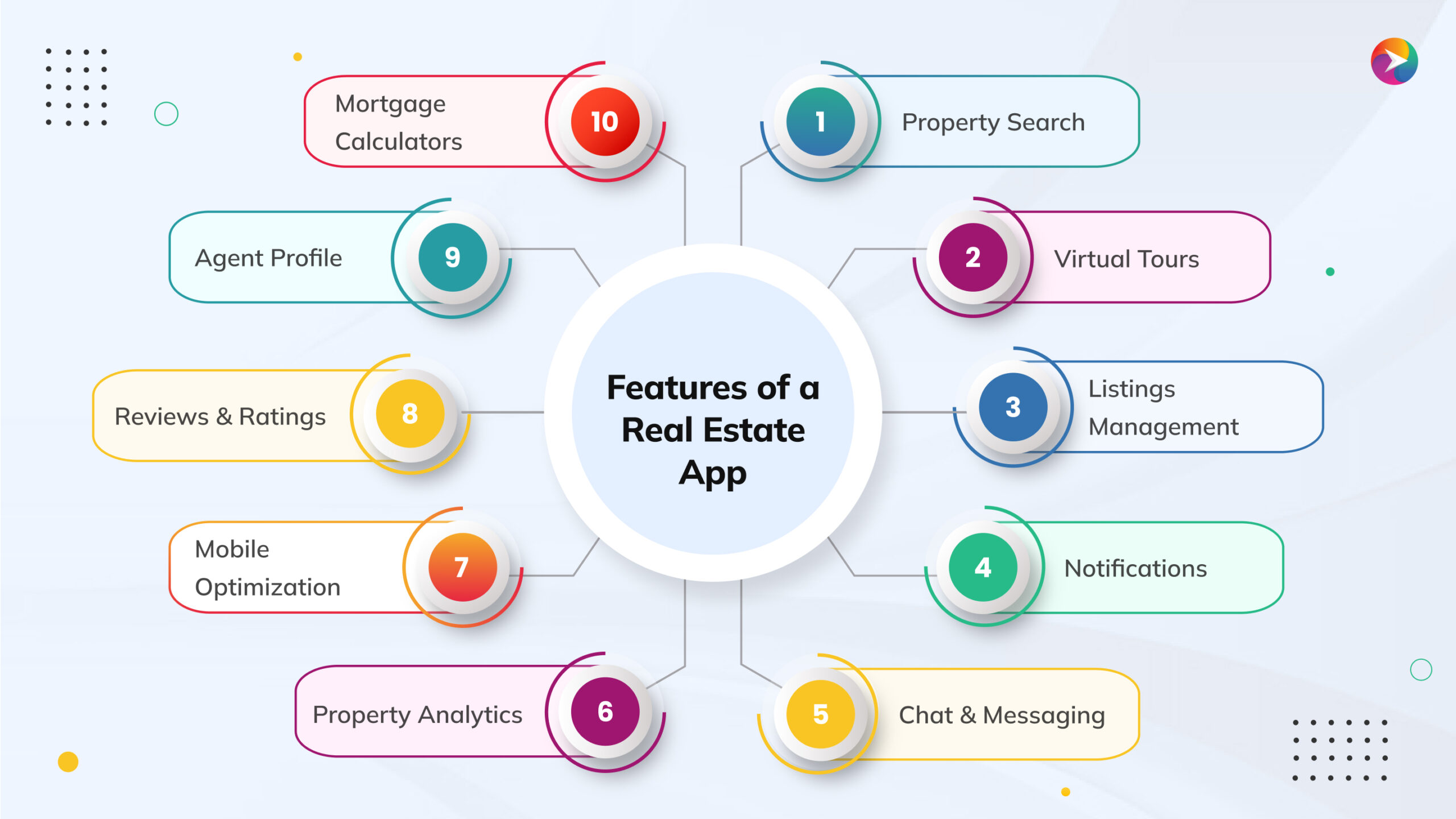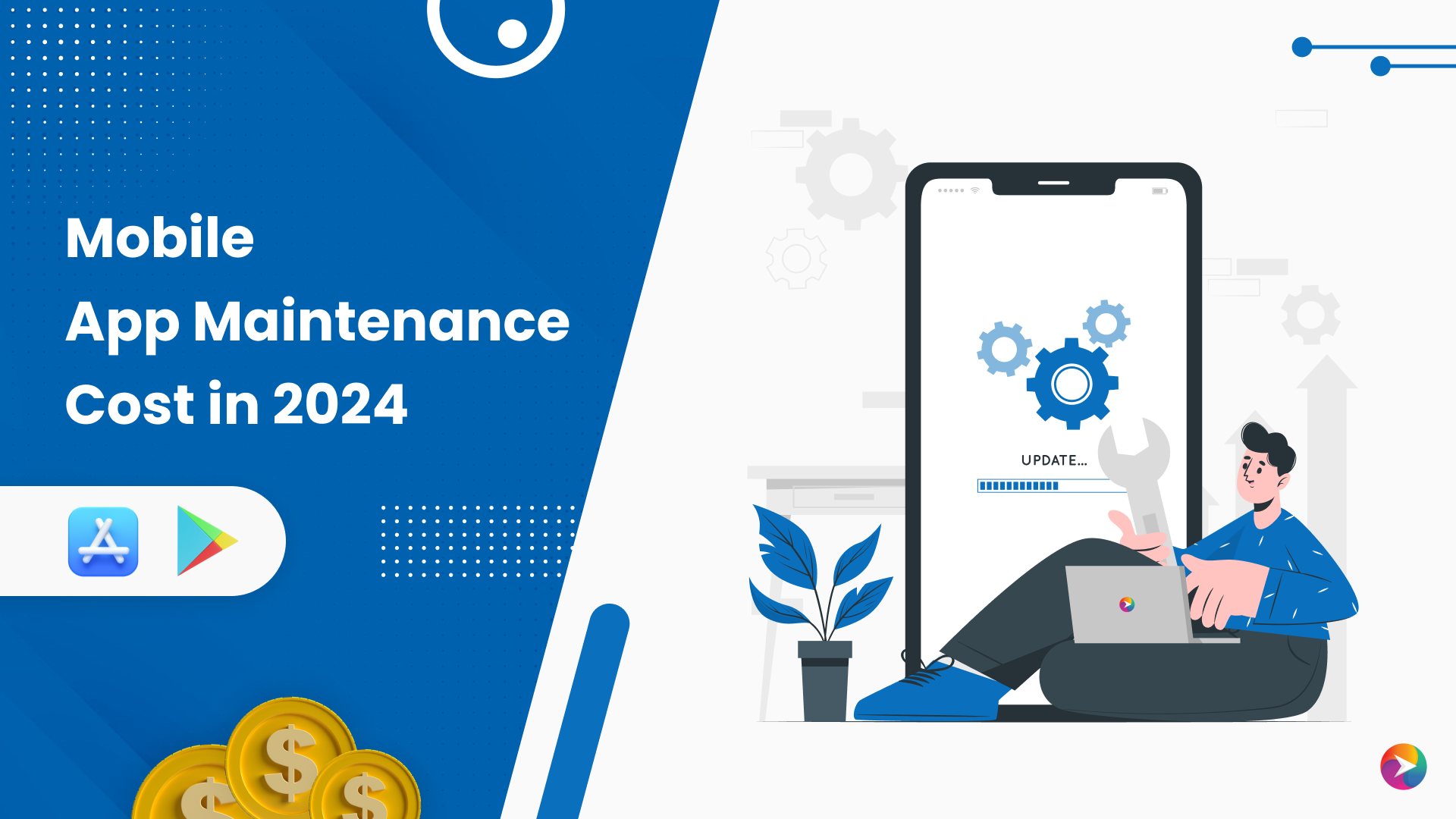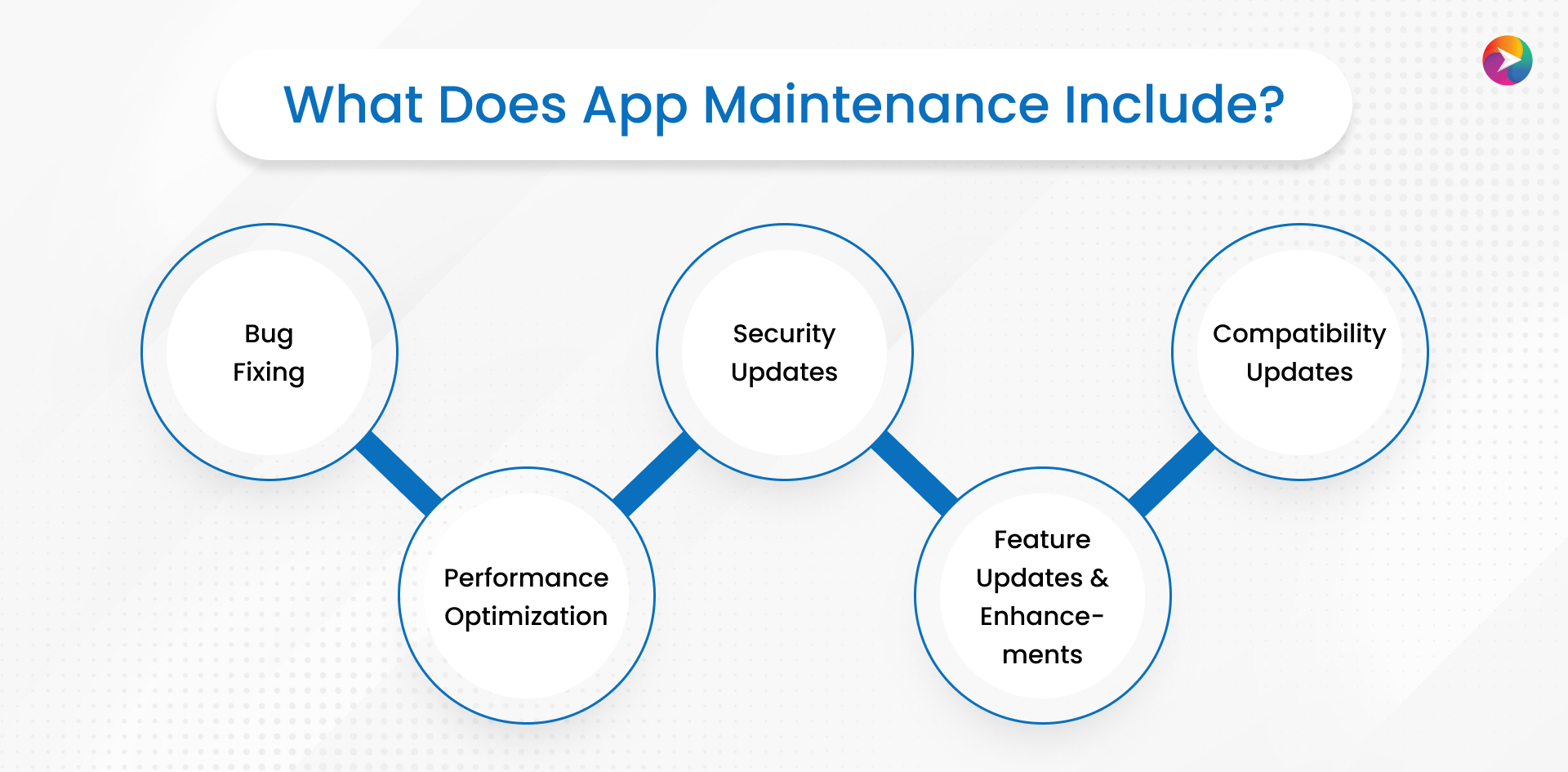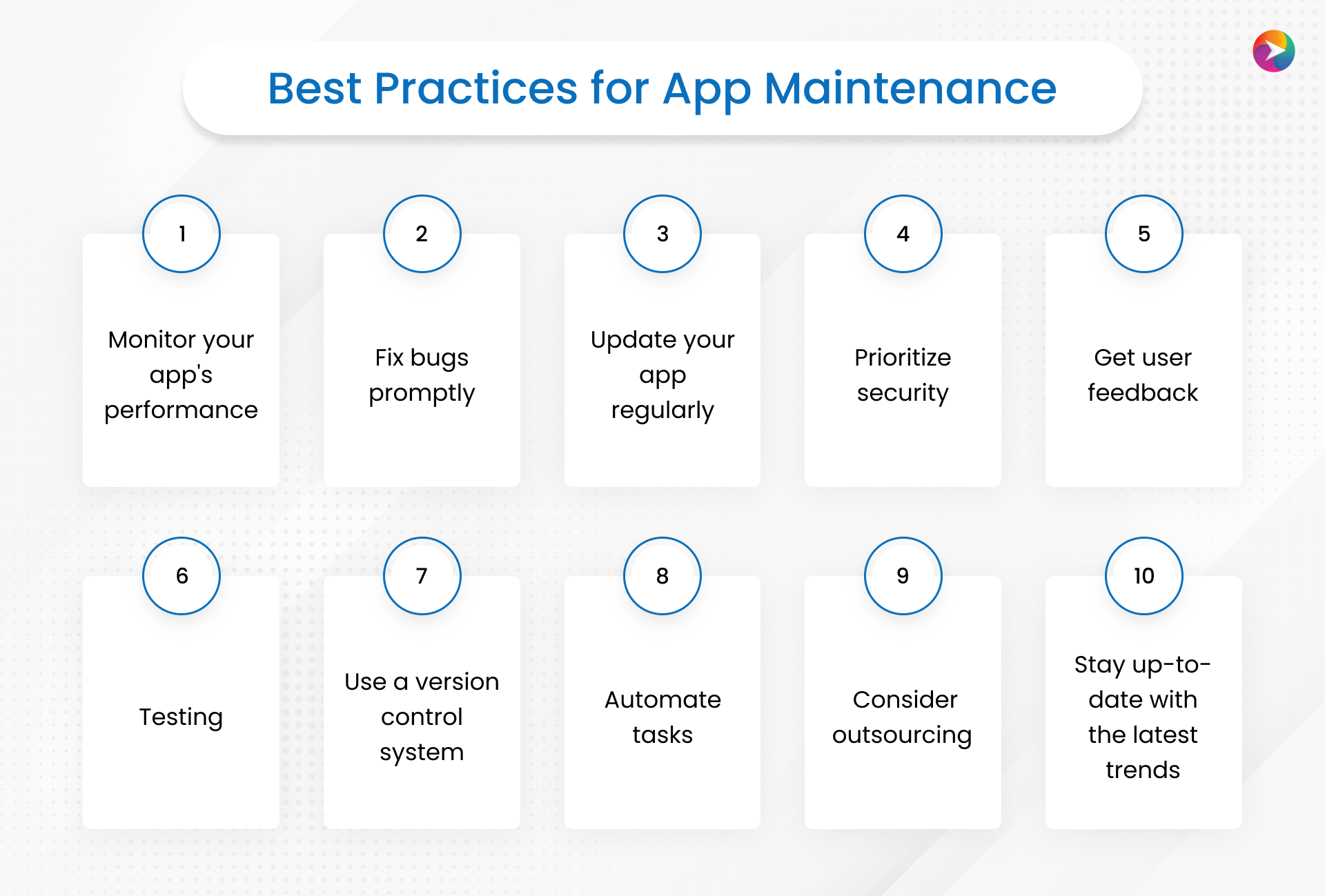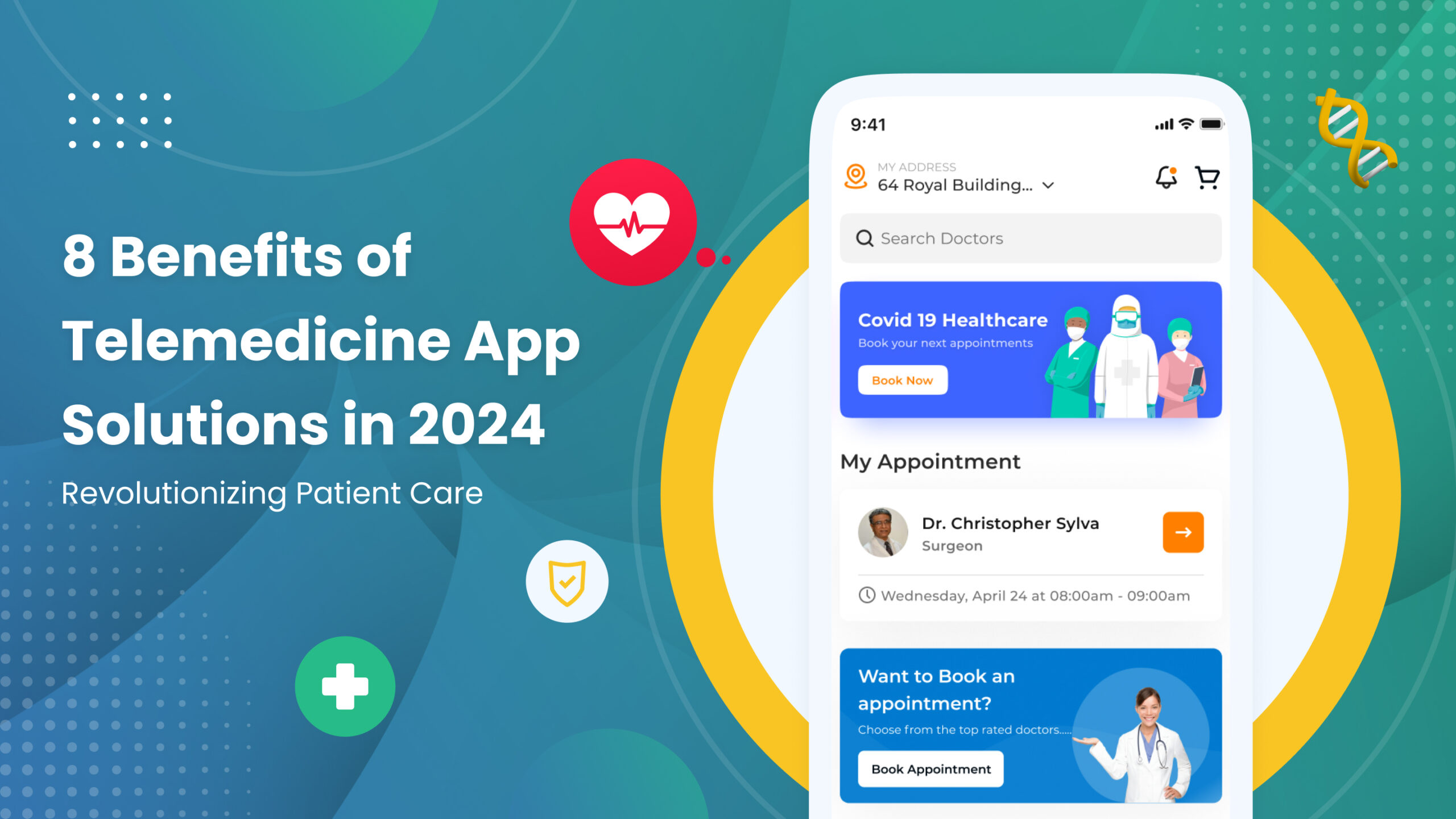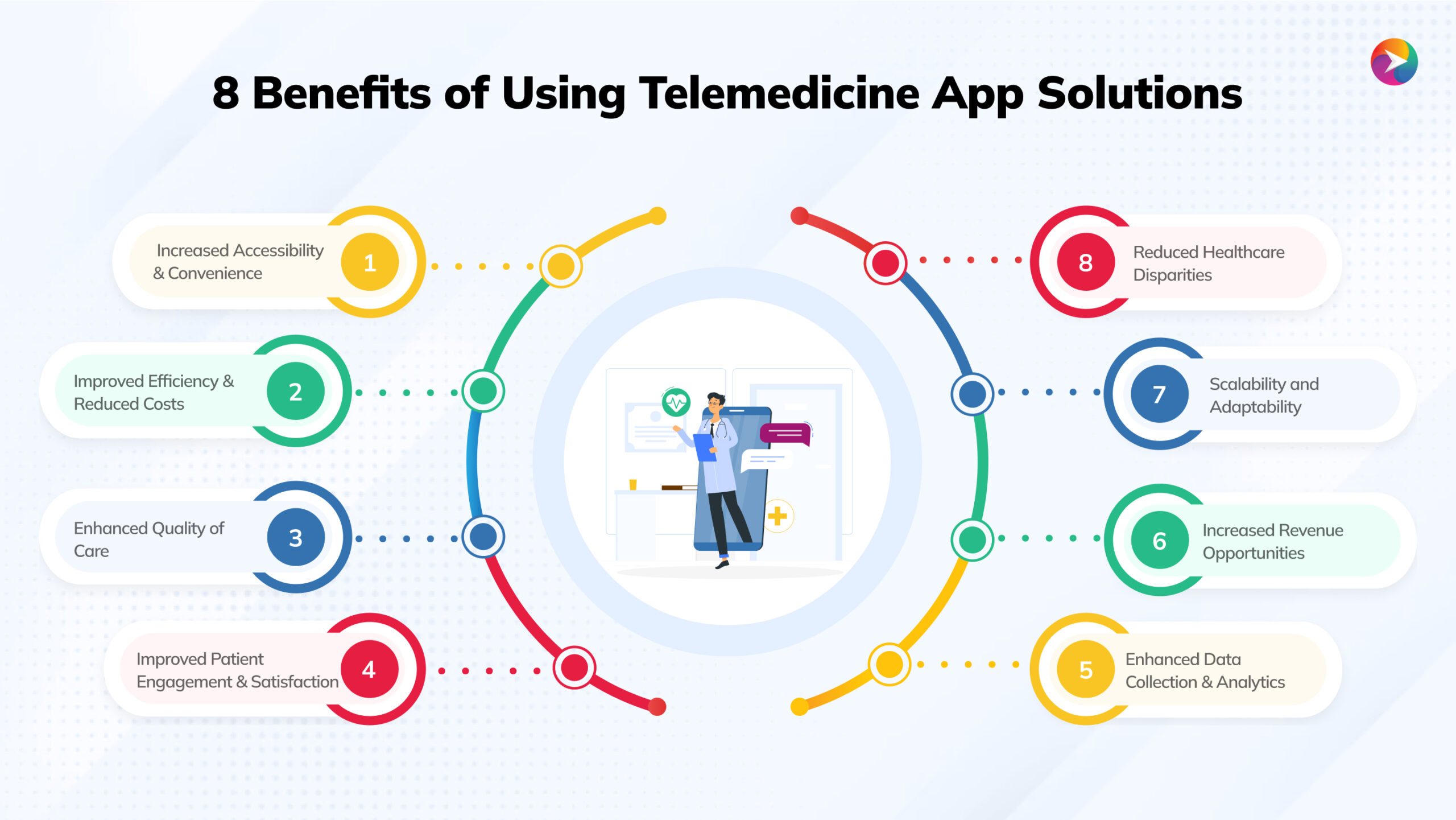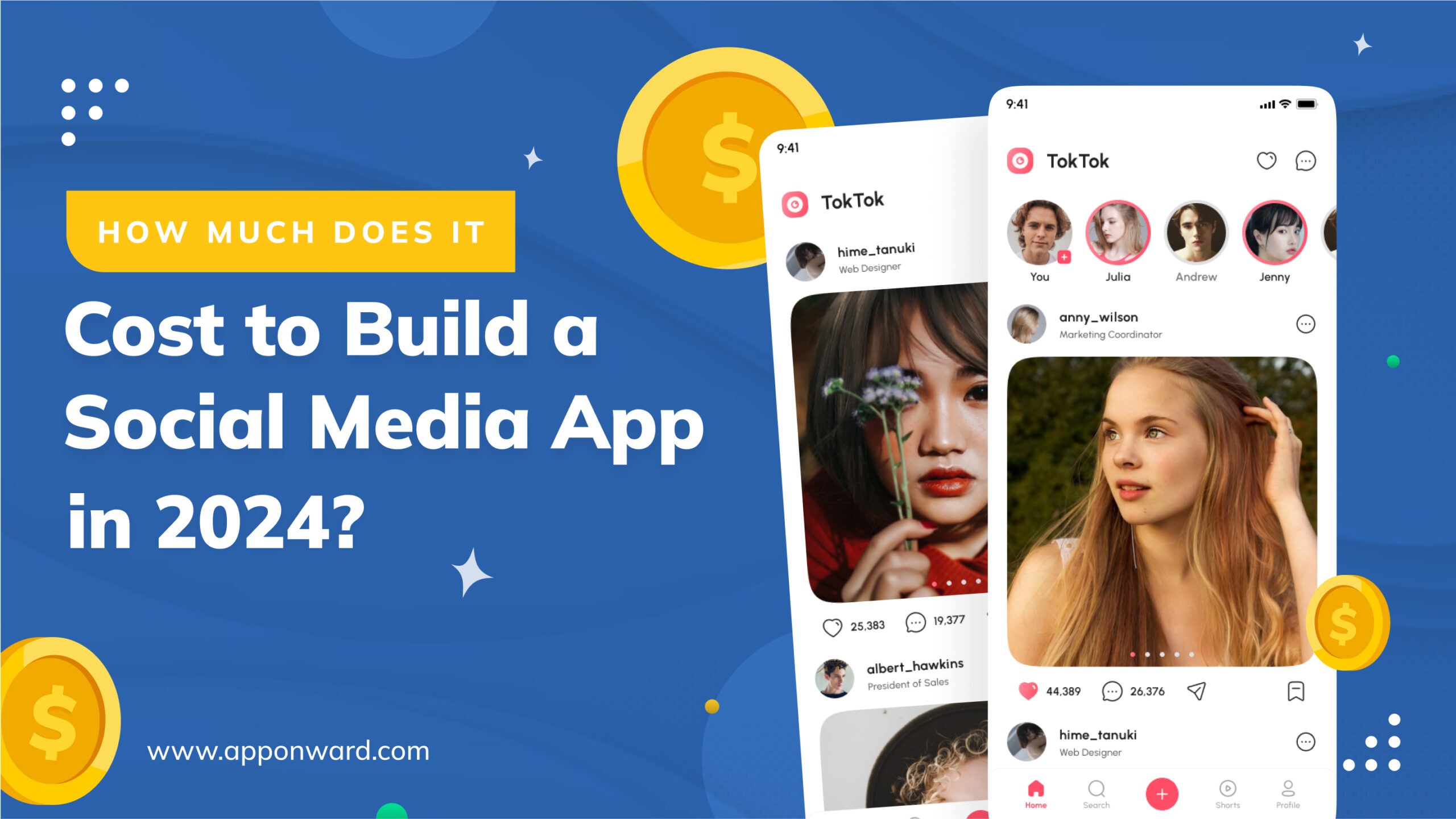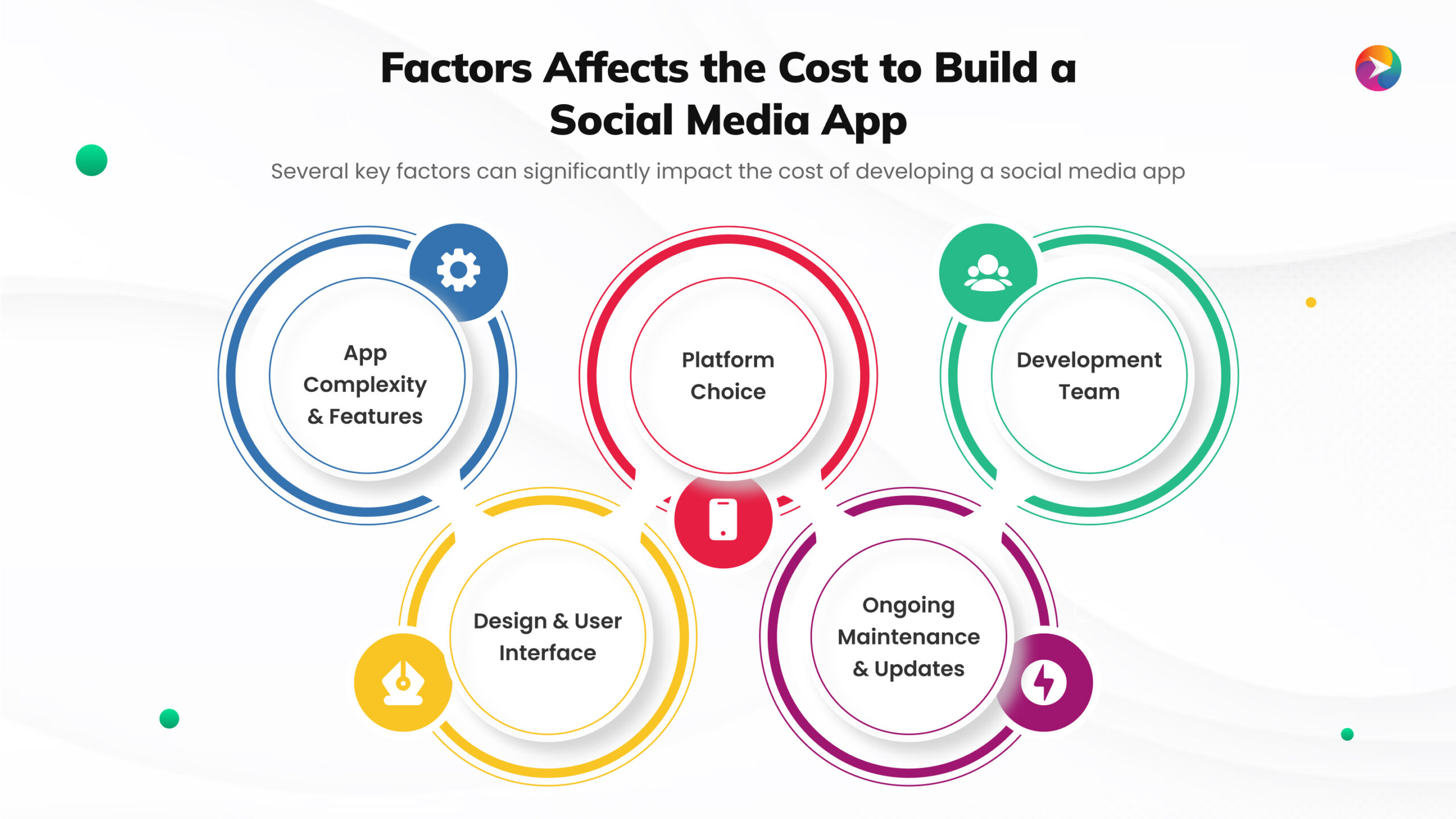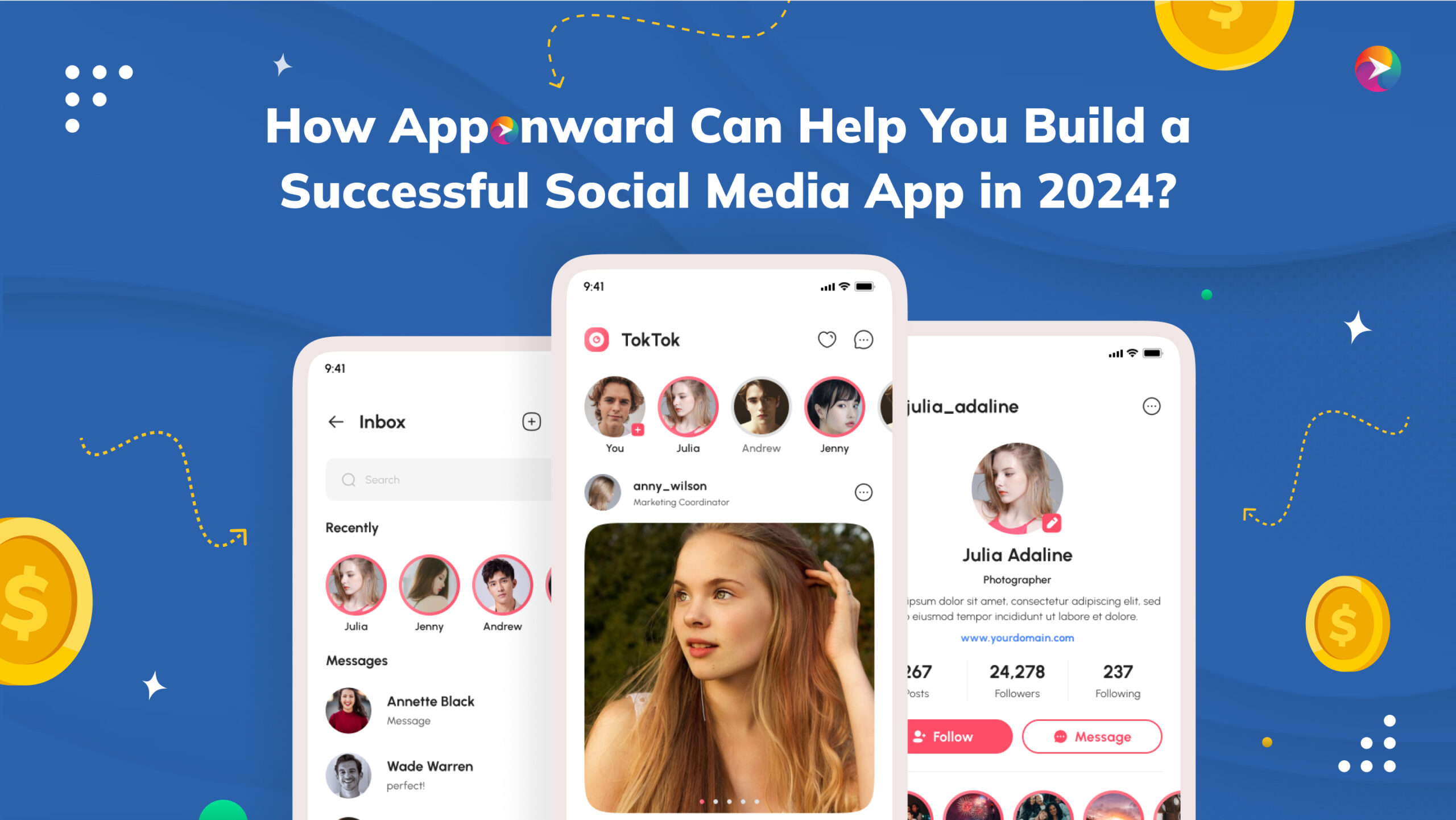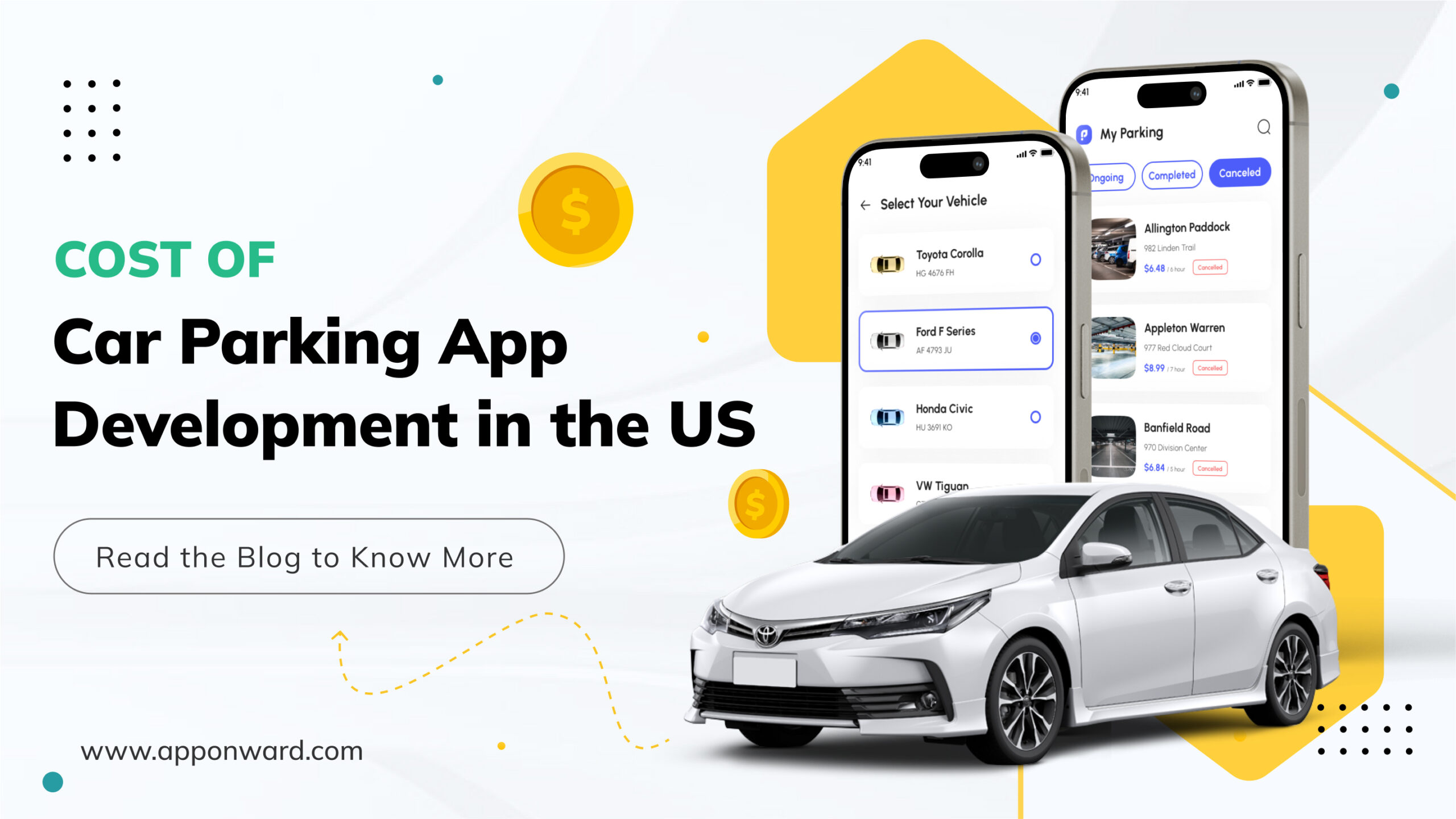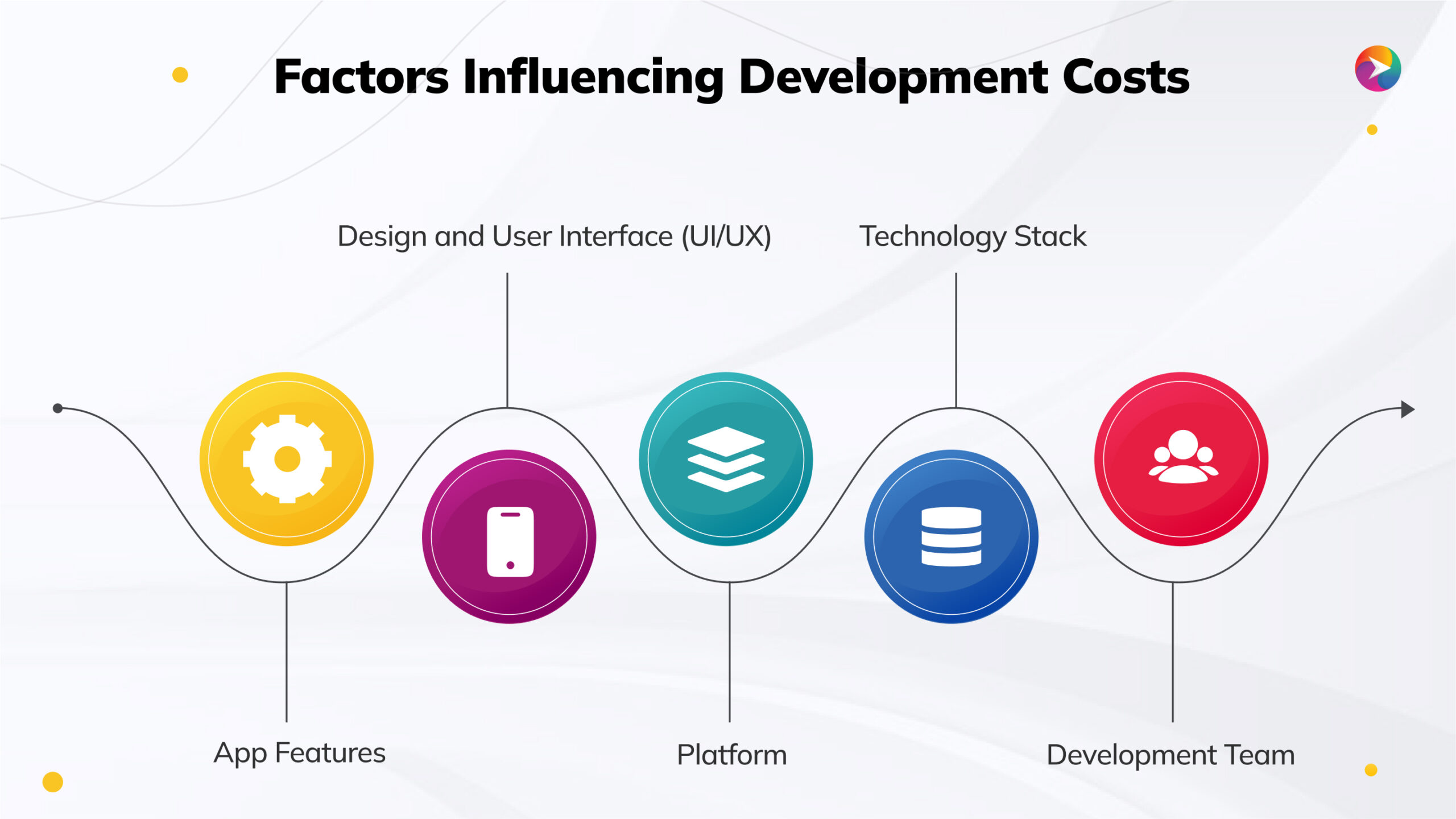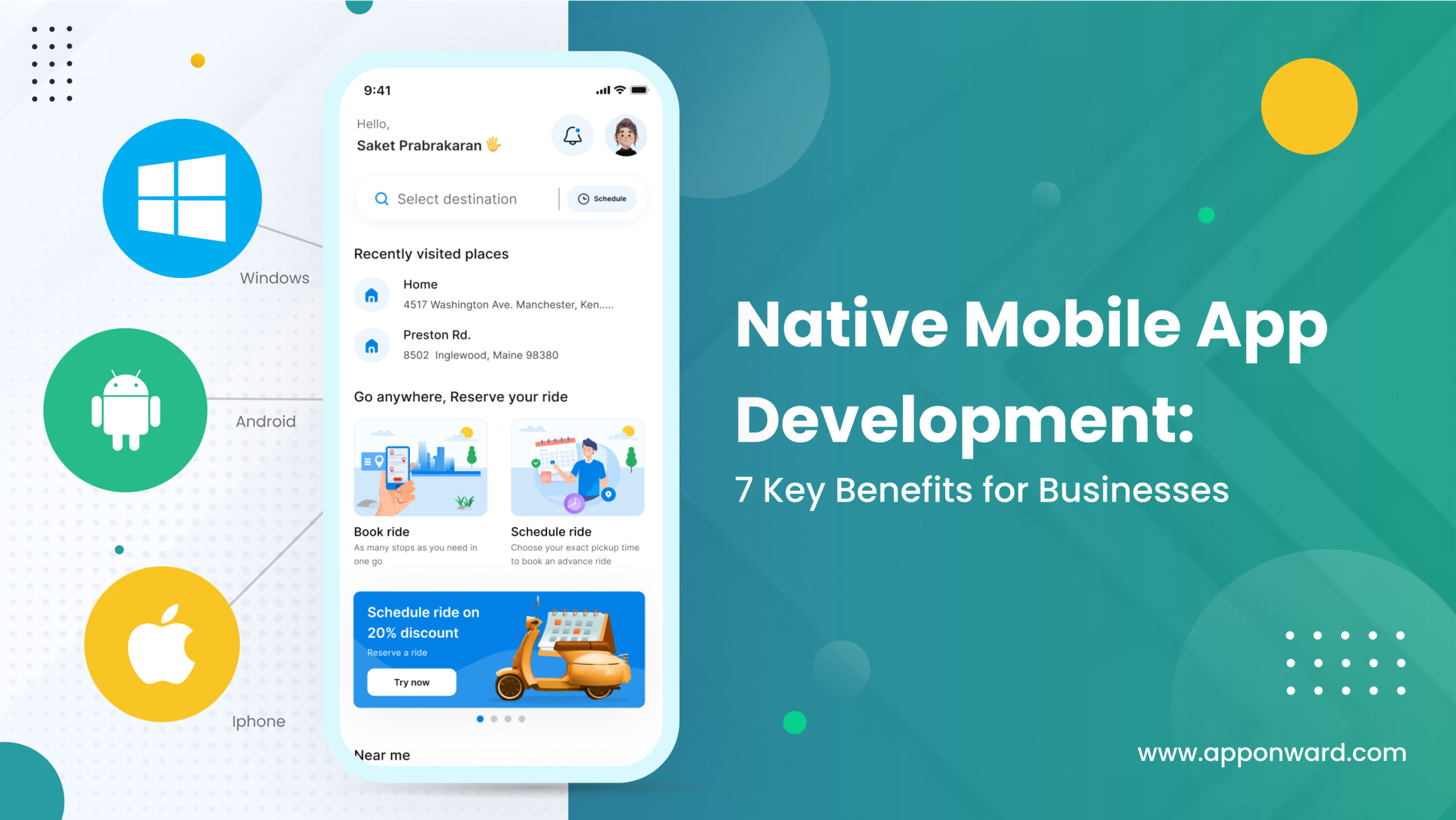 02/04/2024
02/04/2024 
Anand Kumar Mishra
8 Mins to Read
Table of content
Do you know that post-COVID, the number of people using grocery apps has increased from 12 million to 30 million in 2022?
It is expected that 63% of people will likely buy groceries via mobile apps rather than websites or other modes. We are living in the era of ease, everything is just a click away from us.
When it comes to groceries it is to be restocked regularly which is quite a tedious job. However, apps like Grofkit make it a hassle-free job in just a few clicks. It is an on-demand grocery delivery app which means the user will use the app to place their orders whenever they want by providing pick-up time or date of shipping.
We all know behind every seamless grocery app lies a complex development process and a good investment of time and resources. Here we’ll delve into the various factors influencing the cost to develop an online grocery delivery app.
How did the Grofkit Grocery App come into Existence?
What makes Grofkit stand out from the crowd is its unique service. It specializes in on-demand delivery of all dairy products in your area. It is a one-stop shop for all the dairy needs of the customer. Let’s quickly explore how Grofkit comes into existence.
Unlike all the grocery delivery apps present in the market Grofkit caters to the basic and essential daily household need—-dairy! In India, the total daily consumption volume of milk was over 207 million metric tons in the year 2023. Be it milk, butter, ghee, curd, or any dairy product India has a huge market of dairy consumers.
Grofkit is here to tap that market and cater to the needs of daily dairy consumers. With its intuitive interface and seamless shopping experience Grofkit has achieved significant market expansion.
Cost To Build a Grocery Delivery App Like Grofkit?
Research says, that 35% of the online user community prefers to purchase groceries online and this number is increasing insanely and resulting in impressive momentum in the grocery delivery app development market. So, if you are planning to pave your way in this market the first and foremost thing is to estimate your budget.
We are here to give you an exact insight into how much it costs to develop an online grocery delivery app like Grofkit. The average cost of developing a grocery delivery app is in the range $20,000 – $55,000. However, this is just an estimate the exact cost depends upon several factors like platform, features, services, team involved, etc. The type of app you are looking for also determines the cost of development. For instance:
- Basic Grocery App: A simple app with features like user registration, shopping cart, product catalog, and payment integration cost anywhere from $20,000 to $40,000.
- Mid-Level Grocery App: An app with additional features like an advanced search filter, order tracking, push notification, and admin panel can cost between $50,000 to $70,000.
- Advanced Grocery App: It will come with functionalities like AI-driven recommendations, real-time delivery tracking, and multi-store support and this may cost around $70,000 to $100,000 or more.
Interestingly, this estimate is an average grocery delivery app development cost which may vary depending on how you are developing the app. Whether you outsource a team of developers, go for local agencies, or choose to get an in-house team, it will completely change the estimated average cost of development. On average the hourly rate of:
- Outsource agency is between $45-$70
- Local agency is between $200-$300
- In-house Team: $70-$100
- Freelancers: $15-$40
While the cost may seem daunting, it is important to consider it as an investment and focus on creating a seamless shopping experience for your users. This will help to establish a strong presence in this competitive market.
How Does Online Grofkit Grocery Delivery App Development Work?
The development process of an online grocery delivery app starts with analyzing the market, identifying the problem and target audience, strategic development process, on-time launch, and providing post-launch support. Keep command over the entire process and don’t compromise with the quality. Let’s dive a little into the development process to get a clear understanding of the required work:
1. Research and Analysis
The first and foremost task is to understand the demographics and the demands of the user base. Keep a check on the existing competitors, identify the grey areas, and plan strategically.
2. Planning
It is time to set your objectives, draw a project roadmap with timelines and milestones, and define the features to be included in the app. This will help in completing the project before the deadline.
3. UI/UX
The user interface decides the success or failure of any app. It is crucial to design a visually engaging and functionally seamless app that adapts across different devices, and platforms. It should be accessible to a diverse user base.
4. Development
It is best to decide whether you are going for an Android app or an iOS. This will help you in choosing technologies and frameworks that best align with your app. Initially, go for a simple tech stack, start the development process, and make sure all the features and functionalities align perfectly with the framework. Grofkit has used a simple tech stack that makes the app smooth like butter.
- Android
OS: Kotlin, Android studio
Backend: Python, Django
- iOS
OS: Swift and Xcode
Backend: React and Angular
5. Quality Assurance and Testing
A thorough testing procedure is followed to detect bugs and errors. It is crucial to perform testing with precision while focusing on optimizing the app’s performance and user experience.
6. Deployment
Enter the market with proper planning. Do influential marketing tactics to gain an initial user base. However, keep your go-to-market strategies strong for the future of your app.
7. Post-Launch Support
Ensure quality support to address any issues or bugs. Provide quick support and keep upgrading your app with trending features and functionalities.
How long does it take to develop a grocery delivery app?
It completely depends upon the complexity of the grocery delivery app development process. If you are aiming for a single platform (Android or iOS), then it may take around 3-4 months. However, with advanced features, it may prolong to 6-8 months. However, if you want an app for both platforms with complex features, then the timeline may exceed 9-12 months.
What are the features of a Grocery app?
Here is the list of all the must-have features and functionality for a seamless online grocery delivery application.
Registration and User Authentication: Users will register with their credentials and log in securely using email, social media accounts, or phone numbers.
- Product Catalog: A comprehensive product catalog showcasing all grocery items categorized into sections like fruits, vegetables, dairy, etc.
- Search and Filters: Users can search for specific products by applying filters to narrow down their search results.
- Shopping Cart: An interactive shopping cart where users can add or remove items, view the order, and make the payment.
- Payment Gateway Integration: A seamless integration with efficient payment gateways to facilitate quick and secure transactions.
- Order Tracking: The user can keep real-time tracking of orders from the time of placement to delivery, with updates at every stage.
- Push Notifications: Timely notifications providing order status, promotional offers, and personalized recommendations.
- Admin Panel: A centralized dashboard for administrators to manage all products, users, orders, and payments.
- Delivery Management: A feature for delivery partners to accept orders, navigate routes, and update order status.
The vision of developing an online grocery delivery app involves meticulous planning, development, and a significant investment of resources. While initially, the cost may seem daunting, it’s essential to view it as an investment. By understanding the key cost factors and prioritizing features based on your target audience’s needs, you can embark on the journey of building a successful grocery app that delights users and drives business growth.

 Mobile Apps
Mobile Apps Web Apps
Web Apps Blockchain
Blockchain Digital Marketing
Digital Marketing Others
Others